I feel for the people who are saying Final Fantasy XVI isn’t “their Final Fantasy.” I’m an arena FPS fan. I know what it’s like to watch something you love fall out of favour and either disappear entirely (Unreal, Tribes) or watch it try to contort itself into something else to remain relevant in a marketplace that has moved on to the newest flavour of the month (Halo, Quake). So when I say I hear the Final Fantasy fans who are disappointed by Final Fantasy’s new direction, I hope you’ll believe me. But if you feel that this somehow invalidates the game as part of the series, it means you’ve missed the point of the franchise entirely, and I’m here to set you back on the path.
Related reading: Our massive, 4,000-word review of Final Fantasy XVI.
Final Fantasy XVI is different from any other Final Fantasy. Square Enix has been very open about Final Fantasy XVI’s Game of Thrones influence. This is a game where characters say “fuck” and aren’t shy about getting down to the word’s literal meaning. It’s violent, bloody, and often much more adult in tone than previous Final Fantasy games. But that doesn’t mean it’s not Final Fantasy, because Final Fantasy can be whatever it wants. That’s always been the series’ greatest strength.
Sure, Square can go on about what makes a Final Fantasy. Square Enix Vice President Yoshinori Kitase, who has been working on the series for more than 30 years and directed Final Fantasy VII, VIII, and X, has said that each Final Fantasy game has to have crystals. Naoki Yoshida, another Square Enix Vice President, the man who saved Final Fantasy XIV after its disastrous launch, and Final Fantasy XVI’s producer, has said it’s “a great story, great game design, cutting-edge graphics, great music,” and having franchise staples like Moogles and Chocobos. Yoshida is either the saviour of the franchise or public enemy number one right now, depending on who you ask, so for the sake of argument, let’s not rely on his definition.
So what makes a Final Fantasy? For a lot of the people who are currently frothing at the mouth about Final Fantasy XVI, the series is first and foremost an JRPG, specifically a turn-based one, and Final Fantasy XVI’s “button mashy,” real-time combat system means it’s a Devil May Cry game masquerading as Final Fantasy. Clive May Cry, perhaps, or Devil May Clive if you’re feeling nasty. What that tells me is that the people saying that don’t really understand Devil May Cry’s combat system or the comparison they’re making, but let’s put that aside for a moment and focus on the whole “turn-based RPG” thing.
By that definition, Final Fantasy XI and Final Fantasy XIV aren’t Final Fantasy games. MMOs are a lot of things, but turn-based isn’t one of them. Final Fantasy XV might have a “turn-based” rhythm, but it remains essentially an action game that plays out in real time, so that’s out. Final Fantasy VII Remake is half-turn-based at best, so we can safely discount that one, too. Final Fantasy IV through IX use a variation of the Active Time Battle, and that’s not turn-based in the traditional sense, because enemies can attack you while you choose what options you’d like your party to take. XIII is also based on the ATB system, so that’s gone. Man, we’re running out of “real” Final Fantasy games here. That leaves Final Fantasy I, II, III, and X, which are actually turn-based. 4 games out of 16. No wonder the turn-based JRPG truthers are so unhappy. And I haven’t even touched the spin-offs like Tactics, which is a strategy JRPG, Crystal Chronicles, which is a multiplayer action RPG, Dissidia, which is a fighting game, Stranger of Paradise, which is an action game (in which the main character says “fuck,” by the way, and listens to nu-metal on his cell phone), and so on. Let’s not even get into stuff like Chocobo’s Dungeon or Theatrhythm. If “turn-based” is the definition, then most Final Fantasy games aren’t Final Fantasy games, and even then, the series hasn’t really done it in more than twenty years.
Even Kitase’s definition, probably the simplest of all, really doesn’t work. I had to look up how crystals factor into Final Fantasy VIII’s story. I replayed that game just last year, and all I remember is Time Kompression. Final Fantasy X’s spheres aren’t really crystals, in the traditional sense. Neither is Final Fantasy VII’s materia. And the only role crystals play in Final Fantasy XIII is that they’re the thing down the track that the characters are trying to avoid being turned into.
Then there’s the Game of Thrones complaint. Sure, Final Fantasy XVI does absolutely borrows from George R.R. Martin’s work, but Final Fantasy doesn’t have a set story structure or a plot that is definitively “Final Fantasy.” FFVII, probably the most beloved entry in the series, is a cyberpunk game where you play as eco-terrorists. In VI, your party confronts an evil empire and the final fight is against a God Emperor version of the Joker. VIII is about child soldiers fighting a witch that can possess people and somehow compress time? You know what, forget VIII, nobody understands that plot. XV is about four guys on a roadtrip to save the world. X is a game about defying a church that uses a recurring calamity they created to control a populace defined by overwhelming trauma.
Related viewing: Our favourite Final Fantasy moments.
So more than anything else, I’d argue Final Fantasy is a vibe. Yeah, sure, you need magic and summons and a party and a love story and Chocobos and Moogles (though Final Fantasy 1 doesn’t have those…). You generally end up killing God or gods with the power of friendship by the end, and the story often has way bigger stakes than you understand when you boot up the game for the first time. But none of those things defines what Final Fantasy is. Final Fantasy is a feeling. It’s the music, the visuals, the storytelling style, seeing little disparate threads that sometimes disappear for years and then reappear much, much later only to feel like they never left.
I know a lot of Final Fantasy fans; I don’t know a single person who likes every Final Fantasy game (hi, Will! – ed.). And how could they? They’re different every time. Different stories, different characters, different (and distant) worlds, different gameplay systems, and different tones. Even the increasingly common direct sequels – Final Fantasy X-2, Final Fantasy XIIII-2, and Lightning Returns, for instance – are often completely different from their predecessors. You wouldn’t blame someone for loving Final Fantasy X and disliking Final Fantasy X-2. Aside from some returning characters and taking place in the same world, they’re almost nothing alike.
Expecting to like every Final Fantasy game is like reading a short story collection written by dozens of different authors in as many different genres over a thirty-plus year period and expecting to love all of them. You can’t. No one will. But that doesn’t mean they aren’t Final Fantasy. The reality, difficult as it may be to accept, is that Final Fantasy doesn’t belong to any of us. We don’t get to define what is or isn’t a Final Fantasy game. Square does. Final Fantasy is, for both better and worse, whatever Square says it is. You can love the series, play all the games, buy all the merch, and argue about it on the Internet, but the reality is that it’s not yours, and what Final Fantasy is doesn’t revolve around you. The only thing we get to determine is whether or not we like what they come up with. And despite feeling very differently each time, every Final Fantasy always feels like it couldn’t possibly be anything else. I intensely dislike Final Fantasy XIII. It still feels like Final Fantasy. And despite what a lot of people are saying, FFXVI is a Final Fantasy game. You ride Chocobos, talk to Moogles, fight big monsters, deal with crystals, level up, equip weapons and armour, listen to amazing music, and experience a cool story packed to the brim with summonses like Ifrit and Shiva. I can’t think of many things that are more Final Fantasy than that.
You’re not going to like all of them, and that’s okay. To be perfectly honest, you probably shouldn’t like all of them, and I would be concerned about you if you did. Final Fantasy’s success is its adaptability, and its ability to grow and change with its audience. Most game series don’t last this long because they aren’t anthologies that can be whatever they want to be. But Final Fantasy can. It can be a turn-based RPG, a strategy game, a rhythm game, a fighting game, an MMO, and an action game. There have been long periods where Final Fantasy hasn’t been for me. I hated Final Fantasy XII, Final Fantasy XIII is the reason I don’t buy into hype cycles anymore, and I’m indifferent at best about MMOs. I bought a PS3 to play Final Fantasy Versus XIII; my reward was not only a game that didn’t even release on that console, but an unfinished mess that needed several DLCs, a film, and a book to properly tell its story. I didn’t like that one, either.
But through it all, I didn’t lose faith. I will never buy another Assassin’s Creed game. I know what that series is, and it isn’t for me. But I can never predict what Final Fantasy will be, and that’s the beauty of it. Final Fantasy VII Remake was the first time in twenty years that the series felt like it was for me again. And while I’m not finished with Final Fantasy XVI yet, I’m in love with it. It may not be for you, and that’s okay. But instead of screaming about how it isn’t Final Fantasy, just accept it for what it is and move on.
After all, there are plenty of turn-based RPGs out there for you to play, and Square isn’t going to break into your house and confiscate your old Final Fantasy games. You can always go back to them. And you can be patient. You may not like this one, but the cool thing about Final Fantasy is there’s always a decent chance you’ll like the next one. And another one you’ll like is coming. I promise. I waited twenty years to like Final Fantasy again, but I never lost faith in what the series could be. You can do that too. Because it’s Final Fantasy, baby. It’s an anthology series; it can be whatever it wants. And that’s the whole point.
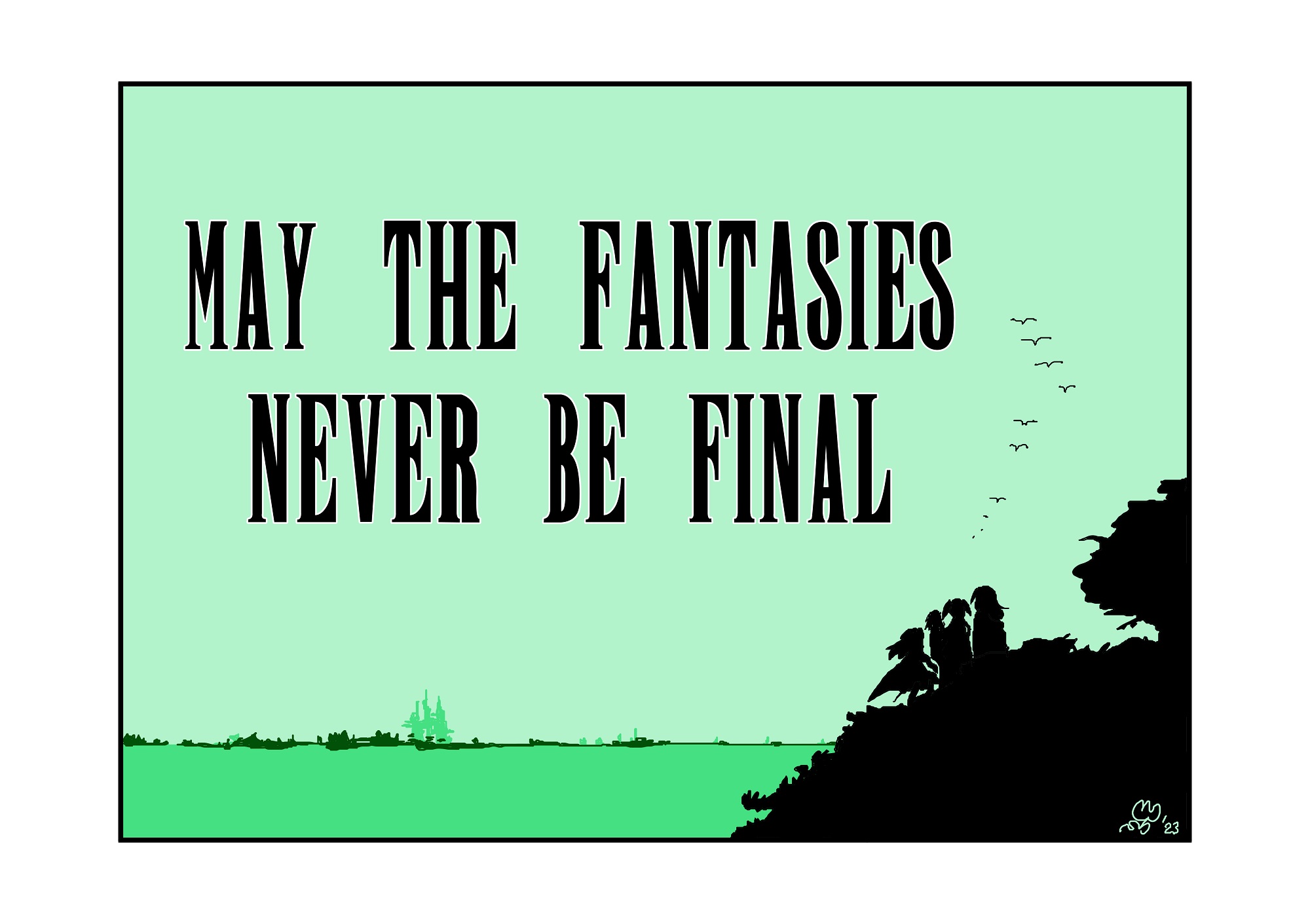

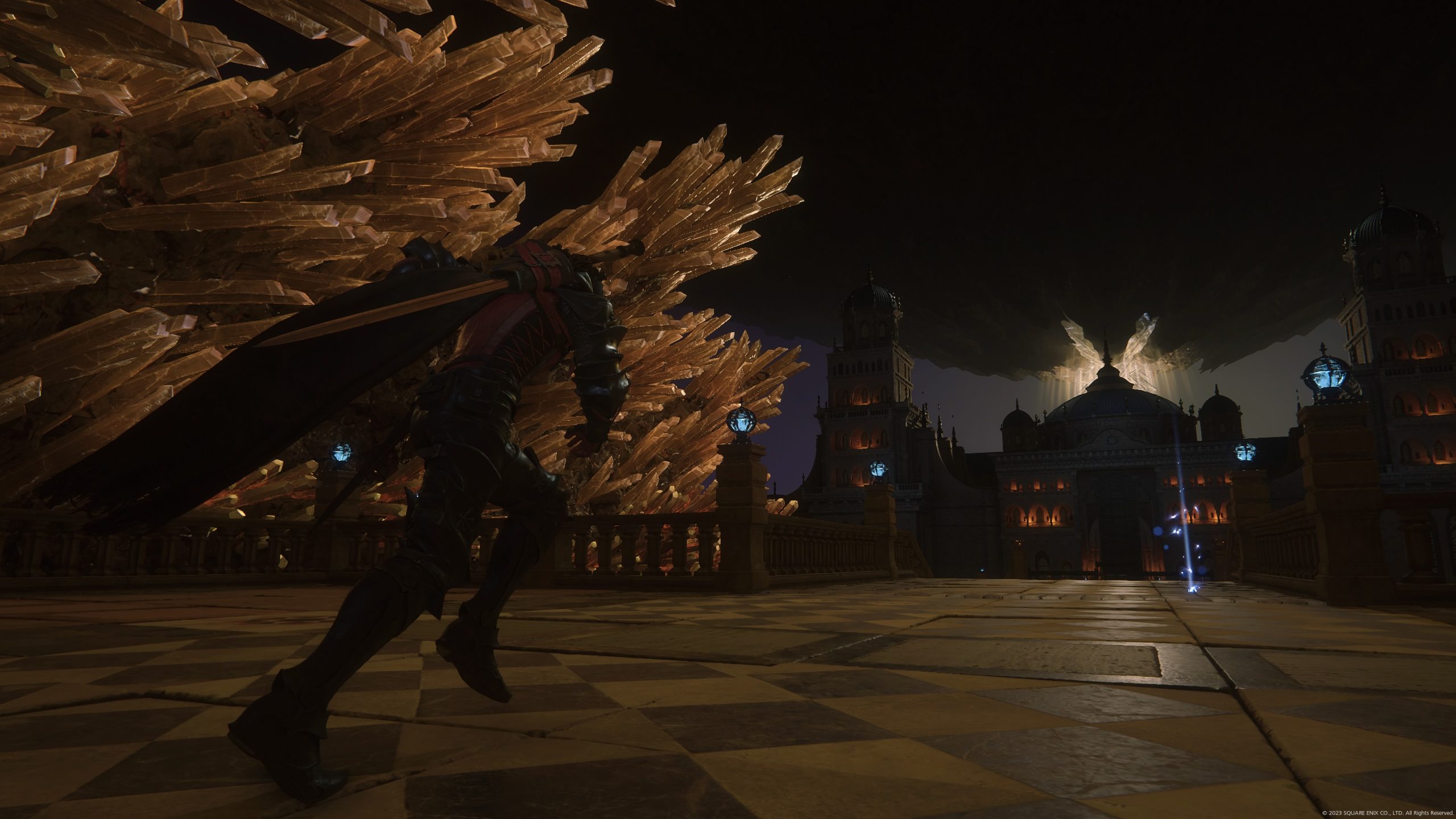
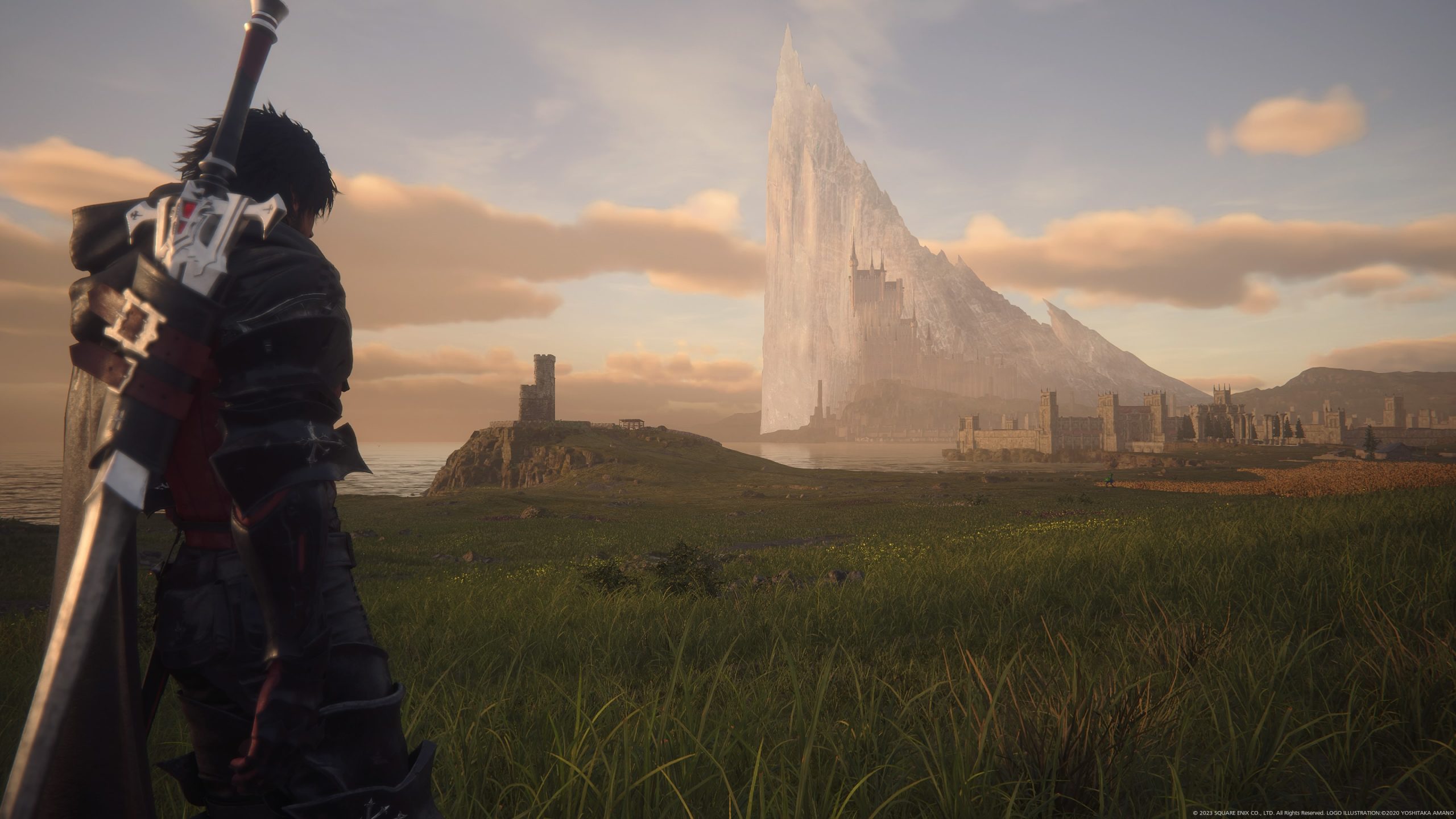
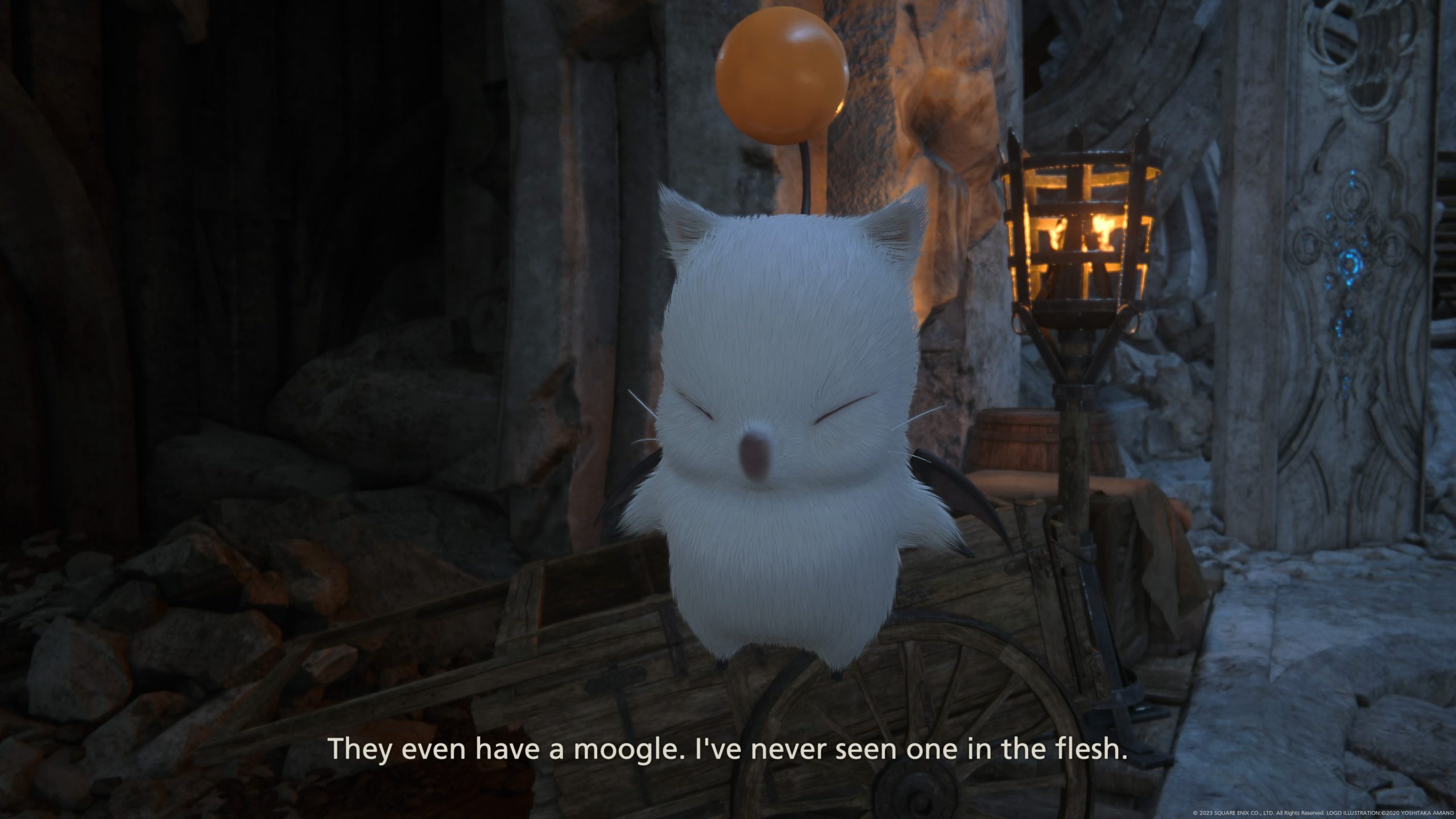
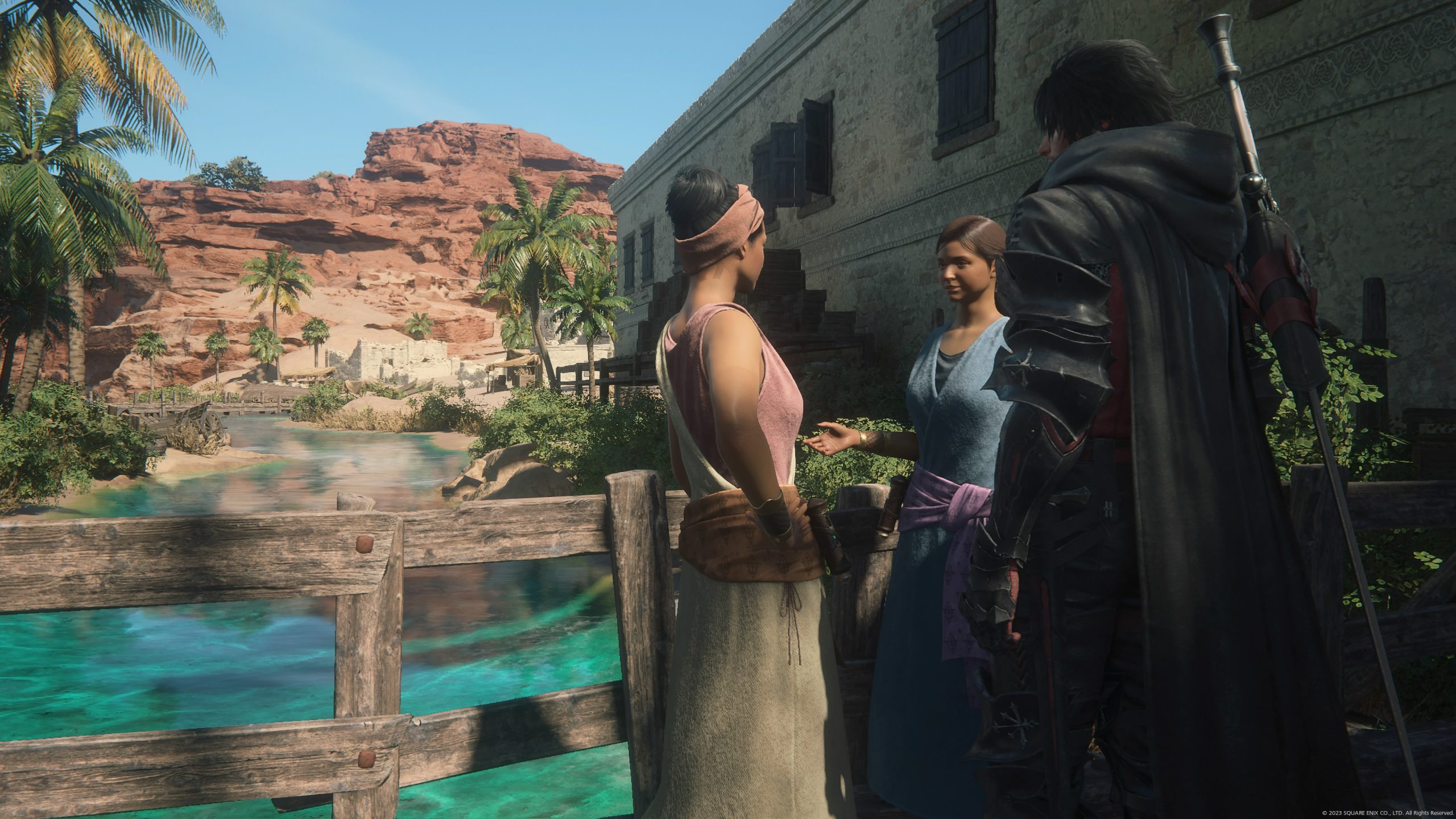


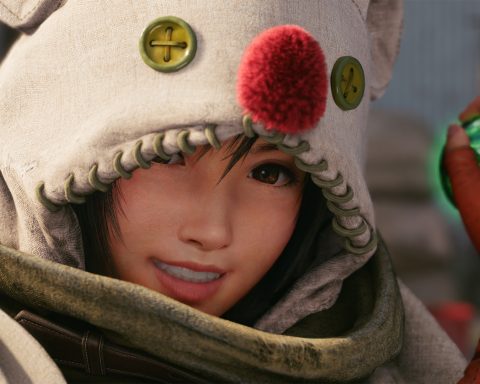
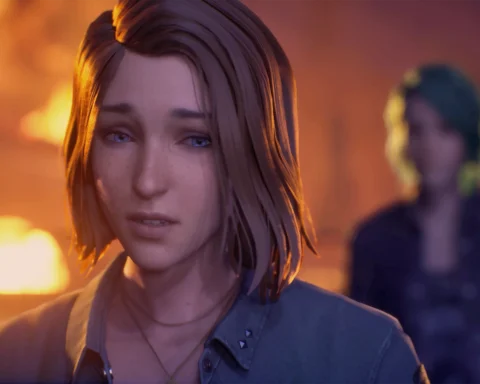
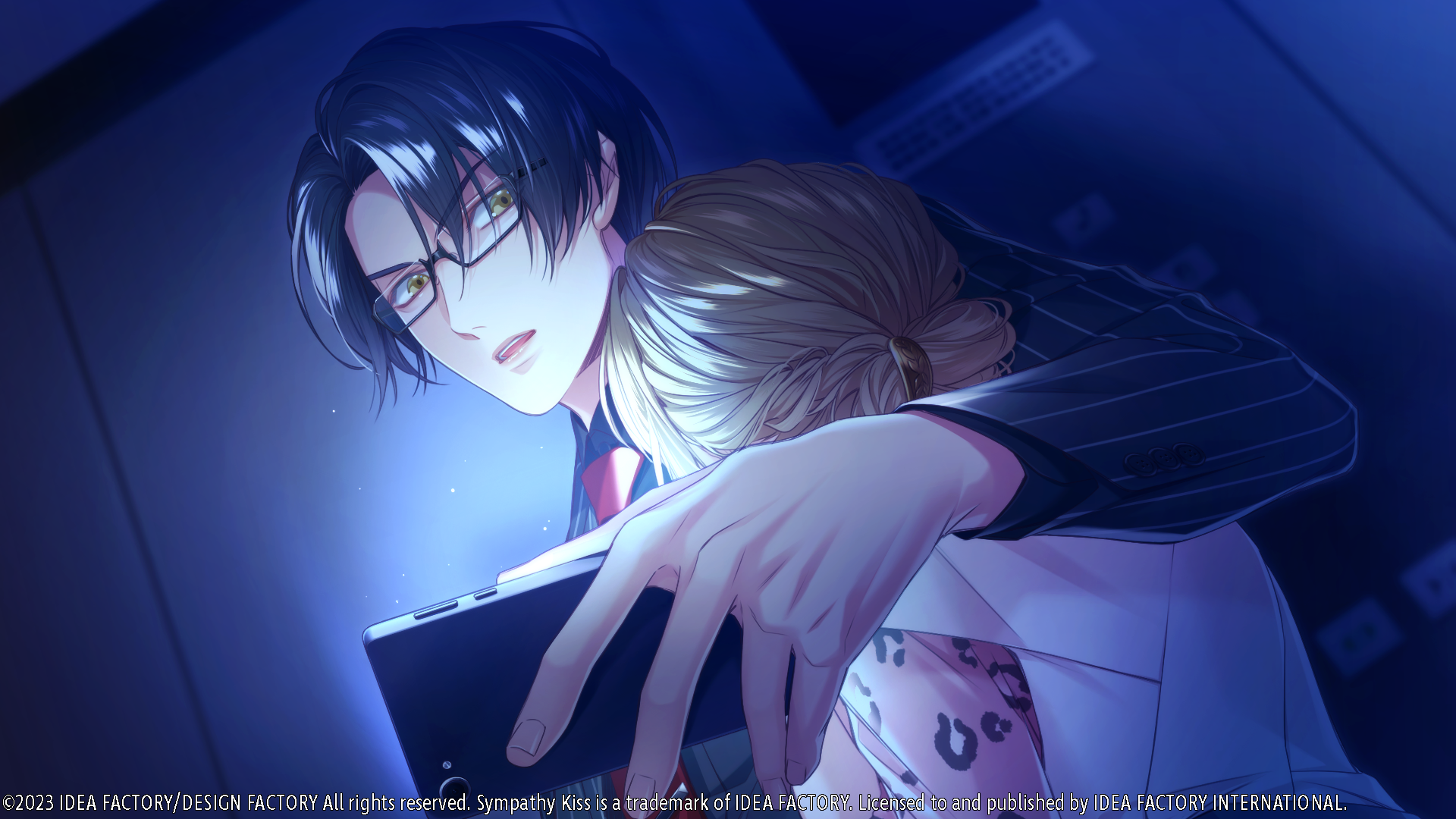




>> You can love the series, play all the games, buy all the merch, and argue about it on the Internet, but the reality is that it’s not yours, and what Final Fantasy is doesn’t revolve around you.
Bra-fucking-o. Round of applause for that man.
Also, I like every Final Fantasy game. Though I will admit I do like some *more* than others.
Hahaha, I don’t think Will quite realised what he was wading into with that comment 😀
I, too, love every Final Fantasy. The *closest* I get to not enjoying one is FFIX, and that’s simply because I didn’t care for those characters quite as much, but I see see it as streaks ahead of most of the games out there. It is truly a beloved series for me.
Jumping in way after the fact, but this is a nice perspective. I don’t really know how I feel about the whole “Square decides what FF is” thing, though. I’m not looking at Square as a corporation, but as a creative entity in charge of the official titles of the series, and even then I feel like it kinda falls into the same category as the “Final Fantasy games just need to be called Final Fantasy to be Final Fantasy” conclusion. I mean, I wouldn’t discard the idea of fan-made narratives being considered Final Fantasy (i.e., stories belong to the folk, and all that), even without Square’s approval. But then again, FF is so diverse and broad that trying to pin them down to a singular definition really feels more like doing them a disservice, and given just how diverse the titles in the series are, those definitions are often so general that they become useless, so I really appreciate that you mention that it’s more akin to an anthology thirty-years-and-counting in the making.
Yes, I think Final Fantasy has kinda hit the same point that, say, Lovecraft’s Cthulhu Mythos has, or that Star Wars has, in that anyone can kinda contribute to it because the definition of “what is this thing” is so totally nebulous.
And that’s a great thing. If only Square Enix would loosen the reigns a little and allow fan projects, imagine the creative energy we could get out of it.